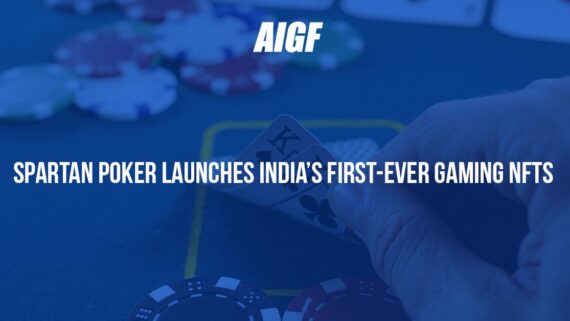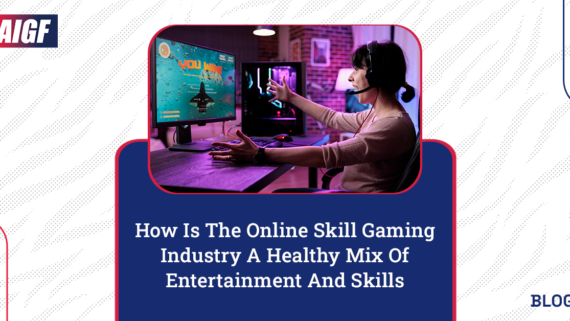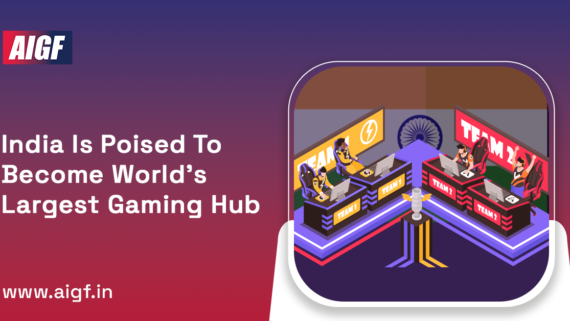Karnataka’s move to boycott games including skills could demonstrate adverse effects on the incomes of enormous gaming platforms like MPL. This is rather than existing gambling laws in India, like the ones in Telangana and Andhra Pradesh, that are subject to risk, Puneet Bhasin, a Mumbai-based lawyer, told The Hindu.
Karnataka’s Proposed Online Gaming Ban A Setback To The Gaming Industry, Experts Say
Last week, Karnataka proposed a ban on online games including wagering and betting, emphasizing “any act of risking money, or in any case on the unknown consequence of an occasion including a game of skill”. The state government said the bill will assist with keeping youth from rural areas from being inactive in urban areas and towns as they will in general become habitual gamblers.
Karnataka’s move to boycott games including skills could demonstrate adverse effects on the incomes of enormous gaming platforms like MPL. This is rather than existing gambling laws in India, like the ones in Telangana and Andhra Pradesh, that are subject to risk, Puneet Bhasin, a Mumbai-based lawyer, told The Hindu.
India sorts games into two fundamental parts — games of skill and games of chance. While games of skill expect players to have analytical and decision-making capabilities, games of chance depend absolutely on luck.
Games like Mobile Premier League (MPL) offer skill-based games, where players utilize important information like career insights, career form, strength and shortcomings to pick sportspersons to remember for their ‘fantasy team’, as indicated by Tanmay Singh, litigation counsel at Internet Freedom Foundation (IFF).
Shivani Jha, Director of eSports Players Welfare Association, added that players are not gambling money to win an uncertain event while playing skill-based games. “They are paying registration fees for an occasion with a controlled result since skill is involved. This should not be mistaken for wagering,” Jha added.
Market size
India is the fourth biggest online gaming market on the planet, and gamers in India are relied upon to increase from 360 million in 2020 to 510 million by 2022, as indicated by data by consultation firm EY and All India Gaming Federation. The move is probably going to cause a mishap in the $1 billion gaming industry, a few experts say.
Karnataka is home to 91 gaming firms that altogether employ around 4,000 individuals, as per information from Start-up Business Academy.
“The move to pass the Karnataka Police (Amendment) Compliance Act, 2021 acts a misfortune to the online skill gaming dawn industry just as to the state’s image of being a tech-center and start-up capital,” Roland Landers, CEO of All India Gaming Federation said.
“There is the reasonable difference that should be drawn between games of skill like bridge, eSports, and games of chance.”
As indicated by Landers, extending the ban to the legitimate industry that has made numerous unicorns and will be a critical contributor to the Indian economy isn’t justified.
Singh noticed the move represents an “impermissible expansion of the law” that infringes upon fundamental freedoms and violates the constitutional rights of the residents of the state.
Additionally, the state’s decision could provoke gaming organizations settled in Karnataka to move their base somewhere else, and even give disclaimers to its users in the state, Bhasin noted.
Significant gaming platforms MPL, Loco, and Fantasy Akhada declined to remark on inquiries sent by The Hindu.
Lawful challenges
The state additionally risks the chance of legal difficulties, with influenced organizations moving toward writ courts. “A ban on online gaming violates a few established rights, including the right to freedom of expression and the right to practice any trade. The law is additionally arbitrary for various reasons, including that there is no unmistakable legitimate target tried to be accomplished by the law,” IFF’s Singh added.
Bhasin added that Karnataka could be the leader in restricting such games, provoking different states to follow after accordingly.
Credits: The Hiundu











Comments
Comments are closed.